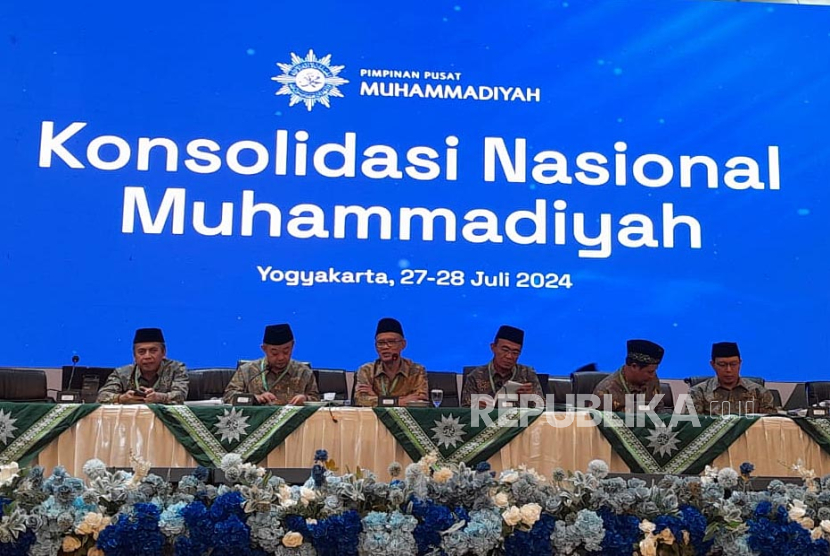REPUBLIKA.CO.ID, SLEMAN -- The leadership of the Centre (PP) of Muhammadiyah officially accepted concessions or mining permits for religious organizations from the government. This decision was taken in the national consolidation (consolnas) held at Universitas 'Aisyiyah (Unisa) Yogyakarta, Sleman, DIY on 27-28 July 2024.
Abdul Mu'ti, Chairman of PP Muhammadiyah, said that the decision to accept this mine has been through a comprehensive review and input from various parties. Be it mining expert, jurist, majelis/institution in PP Muhammadiyah, mine manager/entrepreneur, environmentalist, up to college.
“Muhammadiyah is ready to manage mining operations in accordance with Government Regulation No. 25 of 2024,” Mu'ti said in a press conference after Konsolnas PP Muhammadiyah at UniSA Yogyakarta, Sleman, DIY, Sunday (28/7/2024).
As is known, Konsolnas PP Muhammadiyah was held for two days from July 27-28 at UniSA Campus Yogyakarta. The activities are conducted in a closed way, so media crews are not allowed into the room.
“[This Sunday] discussed the Hijri calendar, financial related agendas, work programs, work achievement reports from the regions, there are 35 regions and autonomous Muhammadiyah,” said the head of the PP Muhammadiyah office, Arif Nur Kholis. On this second day, the results of the consulates were presented, including the official attitude of Muhammadiyah regarding the concession of the mine.
The government previously published Government Regulation No. 25 of 2024, which contains the authority and opportunity for religious community organizations (Ormas) that meet the requirements for obtaining a mining business license (IUP).
Abdul Mu'ti said that Muhammadiyah is committed to strengthening and expanding the dawah in the economic sphere, including mine management in accordance with Islamic teachings. “Mine management in accordance with Islamic teachings, the constitution and governance is professional, reliable, responsible, thorough, social welfare oriented, safeguarding the sustainability of nature in a balanced way and involving reliable and high integrity human resources,” said Prof Mu'ti.


